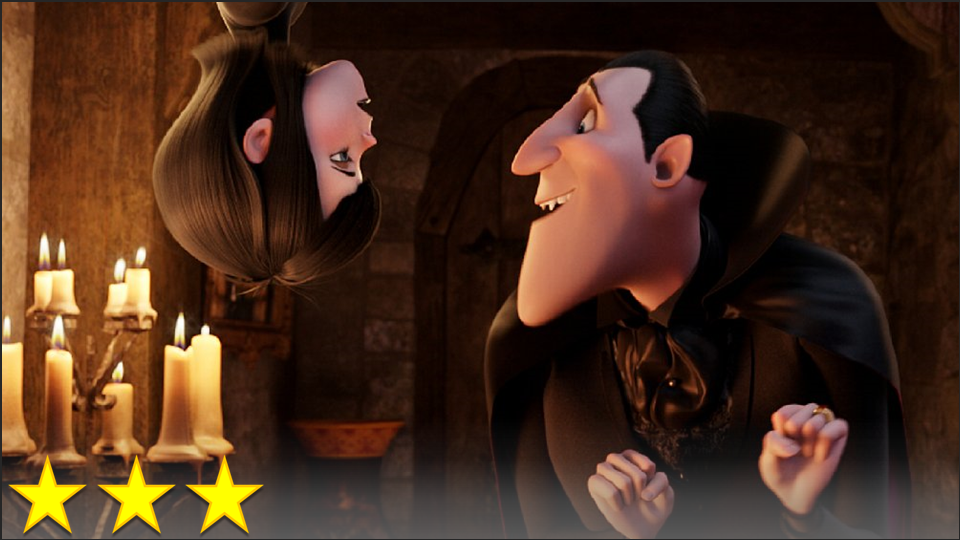First order of business: low pass filter. Maybe it was just the version of the film I happened to be watching – I watched it on Netflix – but there was a very high-pitch ringing sound that would appear in a few shots, seemingly from background noise that was not edited out by the sound editors. It became an annoyance because it was one of the very few things keeping me from really enjoying the film, and I suspect it probably could have been solved with a basic low pass filter. (The fact that my number one issue with the film is so minuscule and irrelevant is a good indicator that this is a good movie.) I think the sound is actually the worst part of the film, if sound includes the soundtrack, which does have some ugly tracks and some pathetic soundtrack clichés.
In fact, clichés are the film’s second-biggest problem, and even they are generally rather tame. It is clear that Mean Girls is trying to be smarter than the average high school girl movie, and with Tina Fey’s writing, it succeeds at doing so, but some of the same old scenes we’ve seen before in every other movie in the genre still find their way in throughout. Since I know I just wrote this in my Divergent review, I hate to repeat it so soon, but it is very relevant: a great film is not one that is without imperfections, but one that overcomes them with strong characters and stories that give the audience a good time. For me, between the cleverness of the story, the perfection of the cast, and the third point that I can’t think of but has to be included anyway because of the rule of threes, I had a good time.




